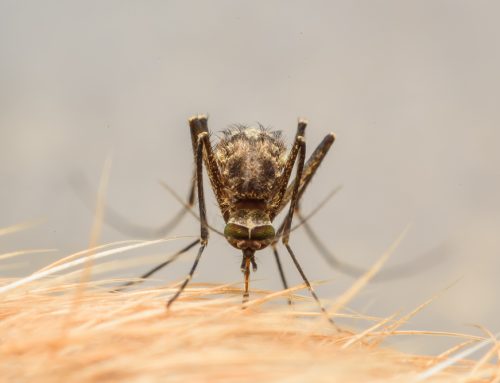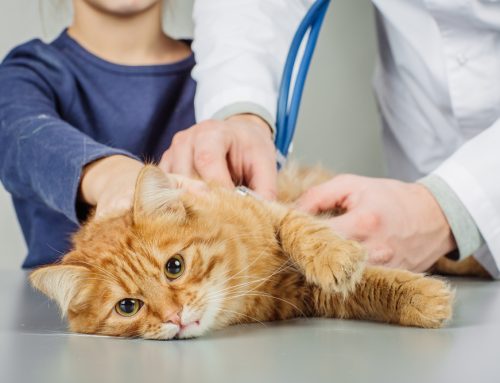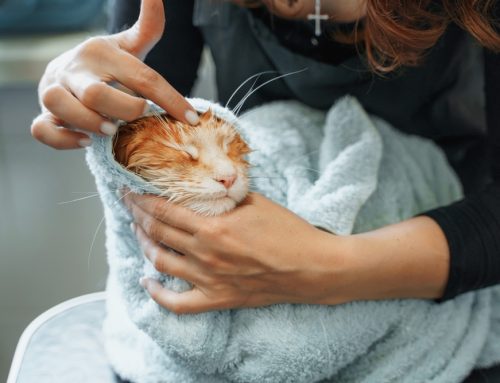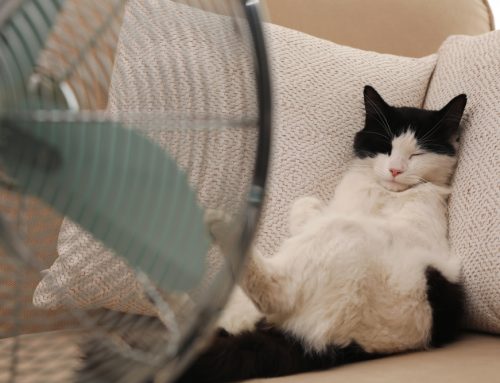Pancreatitis is a common pet disease, but you may not be familiar with this painful, potentially life-threatening condition. Dogs and cats can suffer from pancreatitis, an inflammatory pancreatic disease that puts their health at risk. Our Lebanon Animal Hospital team shares information you need to know about pancreatitis.
Pancreatitis in pets
In the simplest terms, pancreatitis is inflammation or swelling of the pancreas, a vital organ located behind the stomach. The pancreas has many important roles, including producing enzymes to assist in food digestion and hormones such as insulin, which regulates blood sugar or glucose metabolism. In a healthy pet, digestive enzymes are not activated until they reach the small intestine. However, when the pancreas is inflamed (i.e., pancreatitis), the enzymes are prematurely activated while still in the pancreas. When this happens, the enzymes inflame and damage the pancreas and surrounding tissue and organs. In essence, the enzymes begin digesting other organs, as well as the pancreas itself. Left untreated, pancreatitis can lead to dehydration, organ damage, diabetes, insufficient enzyme production, and, in severe cases, death. In addition, a pet who has had pancreatitis has a high recurrence risk and can also develop other conditions. Consider these two pancreatitis types:
- Acute pancreatitis — Acute pancreatitis occurs suddenly and can become life-threatening to other organs if the inflammation spreads.
- Chronic pancreatitis — Pets who recover from an acute pancreatitis episode may continue to have recurrent bouts of the disease, which becomes chronic. While chronic pancreatitis signs can be less intense than those of the acute type, the long-term impact can be more severe.
Pancreatitis triggers in pets
While the exact cause is unknown, some factors may trigger pancreatitis, including:
- High-fat meal — A fattier than usual meal (e.g., table scraps, food raided from the trash) can stimulate a digestive enzyme release to digest the ingested fat. Pancreatitis cases increase during holidays, because people often indulge their pets with treats and table scraps. High-fat food scraps that are difficult to digest, such as turkey skin or fat trimmings, are common culprits.
- Weight — Overweight and obese pets have a high pancreatitis risk.
- Breed — While any breed can develop pancreatitis, certain breeds, such as miniature schnauzers, miniature poodles, cocker spaniels, and Siamese cats, are genetically predisposed to pancreatitis.
- Health — Pets with inflammatory or hormone-related conditions (e.g., inflammatory bowel disease, diabetes, Cushing’s disease, hypothyroidism) have an increased pancreatitis risk.
- Trauma — Trauma from a car accident or a fall can result in pancreatic inflammation.
- Tumor — Pancreatic tumors can cause pancreatitis.
- Chronic medication use — Pets on long-term medications sometimes have an increased pancreatitis risk.
Pancreatitis signs in pets
Typically, pets with acute (i.e., sudden onset) pancreatitis are visibly sick, while pets with chronic pancreatitis may show less obvious, but gradually progressive, signs. Pets’ common acute pancreatitis signs include:
- Vomiting
- Diarrhea
- Lethargy
- Fever
- Dehydration
- Decreased appetite
- Hunched posture (i.e., a severe abdominal pain sign)
If your pet develops chronic pancreatitis, over time you may notice subtle changes in their appetite, weight, body condition, and energy levels. Pancreatitis can progress quickly and cause permanent organ damage, so immediately call our Lebanon Animal Hospital team if your pet exhibits signs.
Pancreatitis diagnosis and treatment in pets
Our veterinary team will perform your pet’s nose-to-tail exam and may recommend a specialized blood test to diagnose pancreatitis. Additional tests may include blood work to check for systemic inflammation and overall pancreatic function, and imaging, such as ultrasound or X-rays, to examine the organ’s size, shape, and function. Pancreatitis cannot be cured, and treatment focuses on correcting the dehydration and electrolyte imbalance that vomiting and diarrhea cause. The exact treatment course will depend on the severity of your pet’s condition, but our team can often successfully manage your furry pal’s signs through early diagnosis and prompt treatment. Pets with mild to moderate pancreatitis typically recover in one to two weeks with treatment, but more severe cases often require hospitalization. Treatment may include:
- Blood pressure, heart rate, and body temperature monitoring
- Intravenous (IV) fluid therapy to flush the pancreas and correct dehydration
- Pain medication
- Anti-nausea support
- Vitamin B12 injections
- Special low-fat diet
Pancreatitis prevention in pets

Pancreatitis is not always preventable because your veterinarian may not be able to determine the underlying cause. However, you can decrease your pet’s risk by following these tips:
- Do not feed your pet any people food, especially rich, fatty food.
- Provide your pet with a complete and balanced diet, including pet-safe treats.
- Ensure your pet has annual or more frequent examinations, so your veterinarian can identify any underlying diseases and pancreatitis risks.
- Do not change your pet’s diet without consulting your veterinarian first.
- Help your pet maintain a healthy weight.
By taking precautions, you can help your pet avoid developing pancreatitis this holiday season. If your pet is exhibiting pancreatitis signs, contact our Lebanon Animal Hospital team.








Leave A Comment